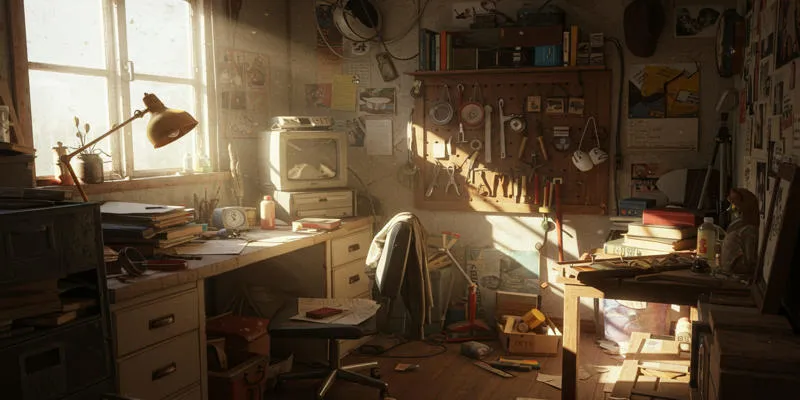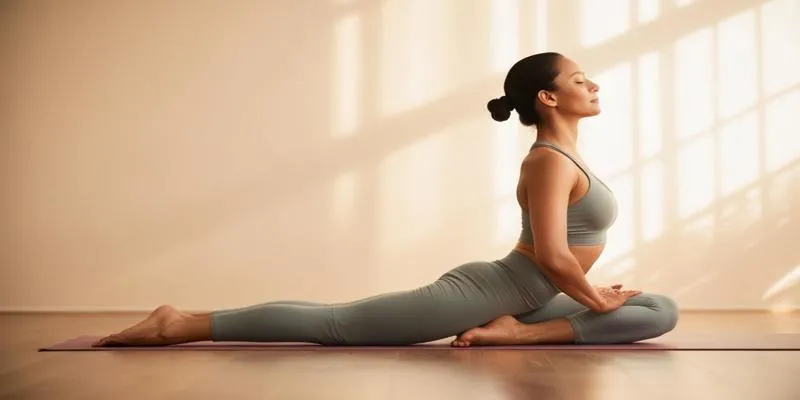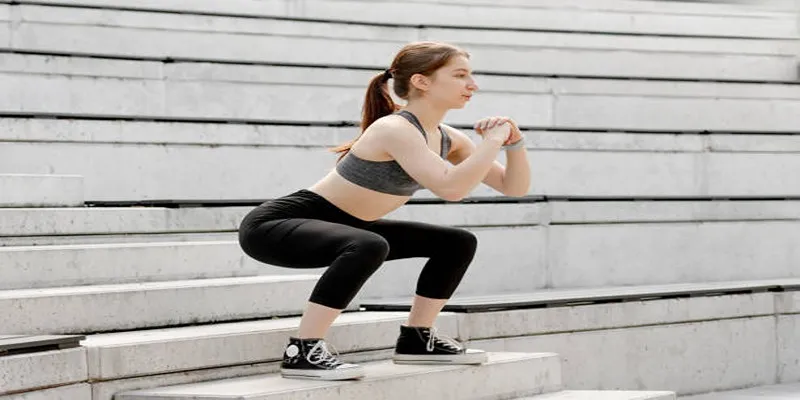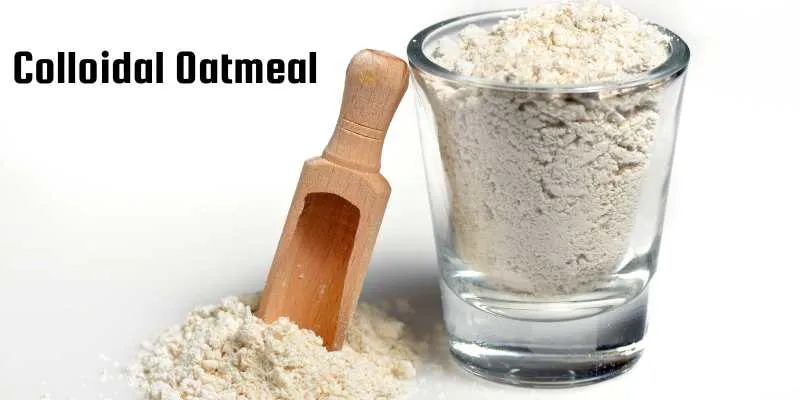Health Benefits Of Decluttering Your Space
 Image alt text: A tidy and organized workspace promoting health and well-
being.
Image alt text: A tidy and organized workspace promoting health and well-
being.
Are you overwhelmed with clutter at your house or in the office? Physical environments are a crucial determinant of one’s mental and physical health. Cleaning your space doesn’t just clean it; there are some unexpected ways it might seriously change your health. In this article, we’ll explore how decluttering can positively affect your health in various ways and provide practical tips to get you started on your journey to a cleaner, calmer space.
The Psychological Benefits of Decluttering Your Space ###  Image alt text: A person experiencing stress relief in an organized home setting.
Cleaning up one’s space has much to do with the happenings in one’s brain. Living amidst clutter forces the brain to constantly process the chaos, leading to increased stress and anxiety. Removing the extra stuff and being in a neatly organized space allows the brain to relax. Researchers have found that people who live in neat and organized homes tend to have reduced cortisol levels compared to those who live in disorderly environments.
Improved Concentration and Productivity
A clutter-free space can enhance focus and productivity. When your surroundings are organized, your mind is less likely to wander or get distracted by the mess. Decluttering improves focus, resulting in better work performance or personal task management. Moreover, decluttering boosts decision-making and instills self-confidence as you learn to prioritize and let go of unnecessary items.
Improved Mood and Self-Esteem
Clearing clutter and organizing your space can improve mood and self-esteem. As you tidy up and put everything in order, you tend to feel accomplished and in control of your life. This sense of mastery carries over into other aspects, increasing confidence and motivation. Additionally, a neat environment fosters calm and contentment, enhancing emotional well-being and promoting an optimistic outlook.
How Decluttering Can Improve Your Physical Health ###  Image alt text: A tidy room with minimal dust and allergens.
A cluttered space harbors dust, pet dander, and other allergens that can cause respiratory issues. By eliminating clutter, you remove the hideaways for these irritants, making cleaning more effective and improving air quality. This helps alleviate allergy symptoms and ensures you breathe cleaner air.
Better Quality Sleep
A neat bedroom encourages healthy sleeping habits. Individuals in organized rooms are likely to fall asleep faster and enjoy better sleep quality. This improvement extends to your physical health, enhancing immune function and energy levels.
Reduced Risk of Accidents
A clutter-free space inherently becomes safer. Removing unnecessary items from pathways and living areas reduces the chances of trips, falls, and other household accidents. This is especially important for households with older adults or young children, where a clear path can help avoid serious injuries.
Encouragement of Physical Activity
A clutter-free environment can inspire more physical activity. With free floors and organized rooms, you’re more inclined to engage in activities like yoga, stretching, or general movement. This can boost cardiovascular health and aid in weight management.
The Link Between Decluttering and Sleeping Better ### Sleep in a Peaceful
Environment
A messy bed and cluttered bedroom can significantly affect your sleep. With unnecessary items filling your resting place, your mind struggles to relax due to the chaos. Cleaning your bedroom sets up a tranquil atmosphere conducive to restful sleep.
Start by clearing your nightstand and dresser tops of everything but essentials, such as a book, a glass of water, or your alarm clock. This minimalist approach helps reduce visual distractions, creating a calmer atmosphere conducive to sleep.
Reducing Stress and Anxiety
Clutter may remind you of undone tasks and responsibilities, causing stress that interferes with your ability to sleep well. Decluttering your space reduces these visual stressors, allowing your mind to shut down more easily when it’s time to sleep.
Improve the Quality of the Air
Dust, allergens, and other particles accumulate in cluttered spaces, reducing air quality. Poor air quality can lead to respiratory problems, allergies, and disturbed sleep. Regularly cleaning and decluttering your bedroom creates a healthy sleeping environment with improved air circulation.
Invest in under-bed boxes or closet organizers to keep items neat and tucked away. This not only minimizes visible clutter but also helps maintain air quality in your bedroom area.
5 Easy Ways to Get Started Decluttering Your Home Today
Decluttering can be overwhelming, but breaking it down into smaller, manageable steps makes it easier. Here are five simple steps to help you start decluttering your home today:
Start Small and Set Realistic Goals
Begin with one drawer, shelf, or small area—not the whole room. Set a goal for each session, such as sorting for 15 minutes or filling one donation box. This approach helps build momentum and prevent burnout.
Use the Four-Box Method
Categorize items into four boxes: Keep, Donate, Trash, and Relocate. This system lets you make quick decisions about everything in a space. Be honest about whether you actually need or use each item.
Apply the One-In, One-Out Rule
For every new item that enters your home, remove something that’s already there. This helps balance your belongings and prevents clutter from accumulating again. Apply this rule to categories like clothing, books, or kitchen gadgets.
Assign a Place for Everything
Create designated spaces for activities and items, such as a workplace, reading corner, or hobby area. This makes it easy to maintain order and return items to their places after use.
Maintenance Routine
Once everything is tidy, establish regular routines to maintain a clutter-free space. Dedicate time each week to tidying up and a set time each day to put things back in place. Consistency will keep clutter at bay and allow you to enjoy the long-term benefits of an organized home.
Conclusion
Embracing decluttering goes beyond a tidy space; it enhances your physical and mental well-being by simplifying your surroundings. Experience the rewards of reduced stress, improved focus, better sleep, and increased productivity. Start small, maintain consistency, celebrate your progress, and continue forward. Embrace the transformative power of decluttering and its positive impact on your health and quality of life.










